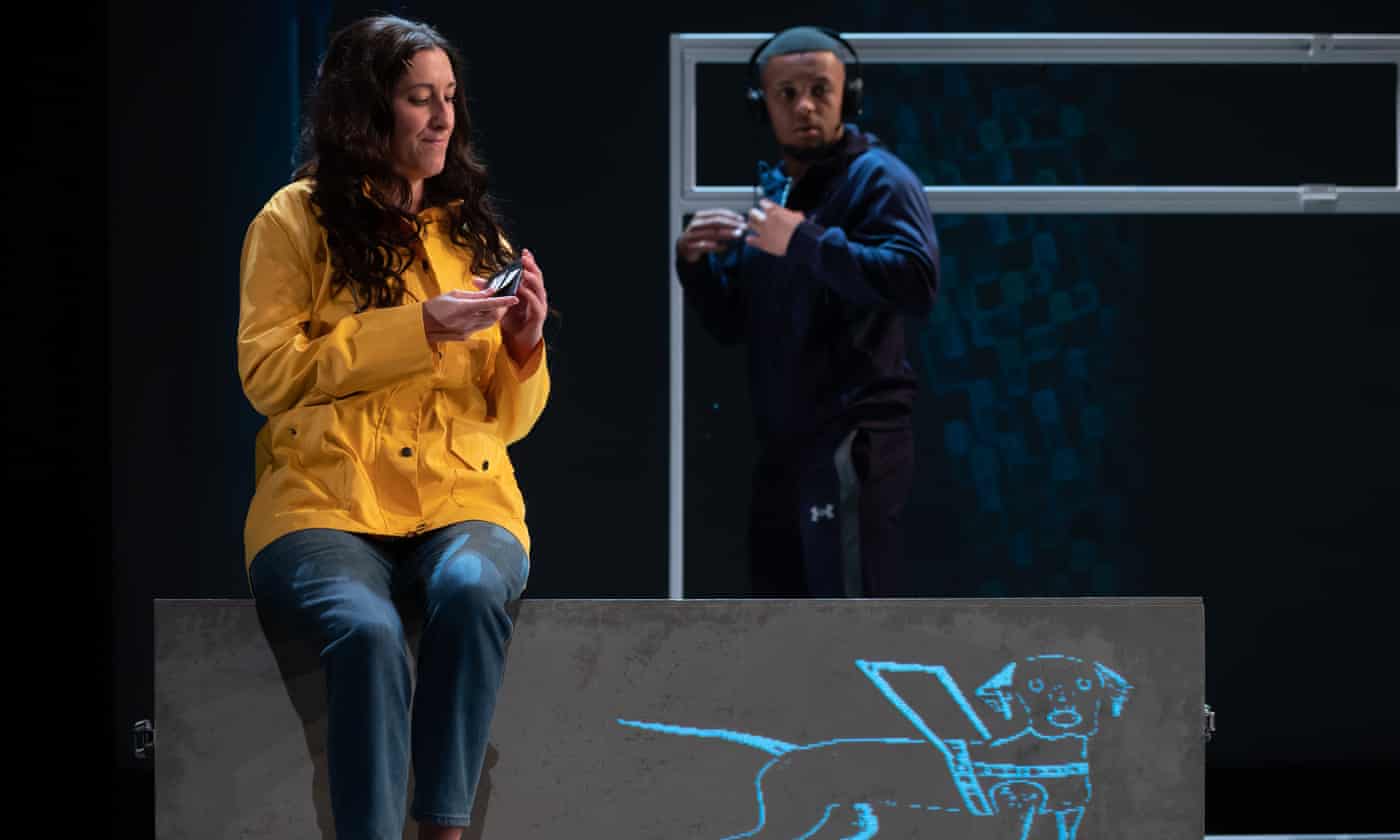Community, Leadership, Experimentation, Diversity, & Education
Pittsburgh Arts, Regional Theatre, New Work, Producing, Copyright, Labor Unions,
New Products, Coping Skills, J-O-Bs...
Theatre industry news, University & School of Drama Announcements, plus occasional course support for
Carnegie Mellon School of Drama Faculty, Staff, Students, and Alumni.
CMU School of Drama
Thursday, March 03, 2022
Blindness on stage: ‘Until disabled people can tell their own stories, we’ll always be stereotypes’
Theatre | The Guardian: What is it like to navigate not only a stage but the entire theatre industry as a blind person? From the practicalities of performing to harmful preconceptions about the roles visually impaired actors can play – and how blindness itself is portrayed – there is a lot to deal with.
Subscribe to:
Post Comments (Atom)

2 comments:
It can feel discouraging when a physical disability like sight impairment which so many people deal with, from occasionally wearing glasses to complete blindness, is not treated with care by people creating entertainment. However, I’m thankful that people like Clarke and Walker continue to speak on these issues and advocate for better treatment and accommodation for visually impaired people, as well as groups like Pathways which support them. I was especially struck by Walker’s comment about not always necessarily assuming the character he’s playing is fully sighted; to assume all characters are completely able-bodied unless otherwise specified feels like it makes able-bodied people the “default.” The topic of “cripping up” is also something that has bothered me in media, one example being the character of Artie in Glee; a physically disabled actor could have brought a depth of real-life knowledge to that role and have a huge platform to bring light to disability issues.
I would love so much to learn more about Chloë Clarke's company Elbow Room and what they do in the world of theatre. I have been seeing a lot of articles about how the theatre world is beginning to change to be more accommodating and inclusive of deaf actors and creative teams, so it is amazing to see that there are groups that are doing similar work for the blind community as well. I think that Clarke is also incredibly correct in saying that there needs to be a shift in the industry in regards to how people talk about and portray characters with blindness on stage. There is not one way that people are affected by blindness, and therefore should not be a singular way of representing them. From a technical theatre perspective I would love to learn about the ways that the tech side of the theatre can adapt and change to be more accommodating to the blind community both on the stage and behind it.
Post a Comment